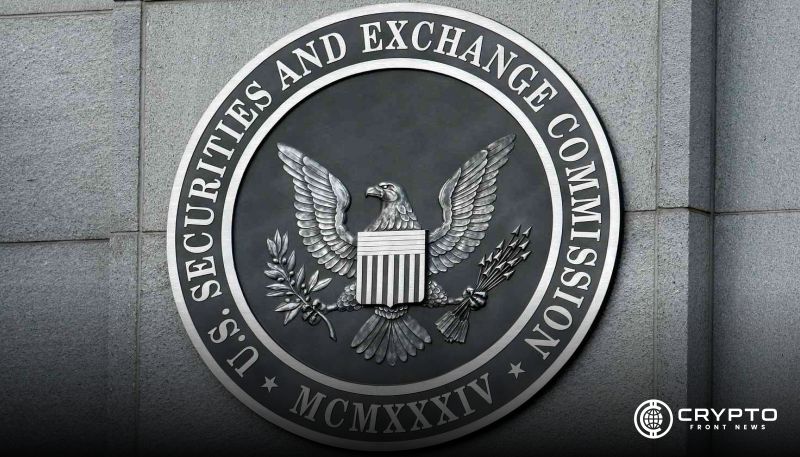- The SEC is rolling out innovation exemptions by December 2025, giving crypto companies room to launch products without heavy old rules.
- Regulators are shifting from crackdowns to collaboration, streamlining ETF approvals and encouraging crypto innovation while keeping oversight balanced.
- Chairman Paul Atkins ties crypto to core American values, backing blockchain for settlement and pledging to revive IPO opportunities at home.
The U.S. Securities and Exchange Commission is reshaping its stance on crypto. On September 23, SEC Chairman Paul Atkins confirmed that the agency will roll out “innovation exemptions” by December 2025.
The move will let crypto firms launch products without complying with rules described as outdated or burdensome. The announcement came during an interview on Fox Business, signaling a direct effort to make U.S. markets more open to digital assets.
Atkins explained that the exemptions will give companies a stable platform to launch new offerings. He stressed that the old regime stifled innovation and forced firms offshore. He added, “I think that we’ll see some more chop occur on $ETH.”
A New Framework for Crypto Rules
The SEC already began dismantling several enforcement cases this year. It also established a crypto task force to draft digital asset guidance. Additionally, the agency approved generic listing standards for commodity-based trust shares on September 17. These standards apply to Nasdaq, Cboe, and the NYSE. Hence, the approval process for crypto exchange-traded products is now more streamlined.
Moreover, Atkins appointed James Moloney, a crypto-friendly veteran, to lead the Division of Corporation Finance. Moloney will oversee IPO filings and corporate disclosures. Consequently, the agency is blending innovation support with corporate oversight.
From Enforcement to Engagement
Atkins has repeatedly criticized the prior “shoot-first-and-ask-questions-later” model. He emphasized that collaboration should guide regulation. He also linked DeFi with America’s traditions of private property rights. “Self-custody of private property represents a foundational American value that should not disappear online,” he said during a June roundtable.
Besides, the SEC is exploring how firms can migrate settlement and clearing to blockchains. This could cut friction and improve liquidity. Furthermore, Atkins pledged to revive IPO activity, noting public companies are half as many as three decades ago.
The innovation exemption and ETF standards now provide multiple entry points for crypto firms. Hence, the U.S. could reclaim ground lost to more crypto-friendly regions.
The SEC is replacing confrontation with clarity. If the timeline holds, December could spark a new wave of U.S.-based crypto products.






